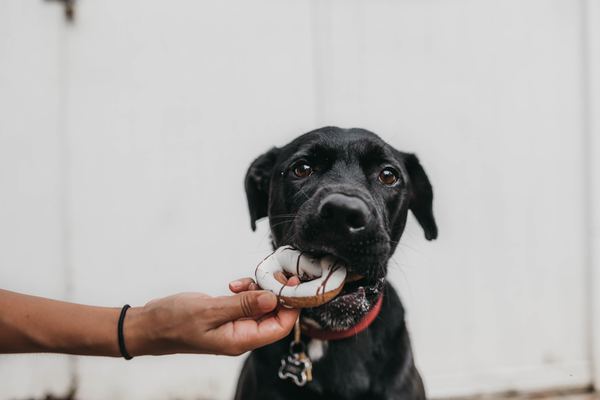Have you got a Contingency Plan in position for the Pet?

Within the U . s . States roughly 62% of homes possess a pet. Inside a recent individually administered ASPCA survey of 1000 pet proprietors, only 17% had the required legal steps to safeguard their pet’s future. One of the 1000 pet proprietors surveyed, 42% already were built with a valid will in position only 18% incorporated their pet inside it. The ASPCA estimates roughly 100,000 pets are joined into shelters each year because of their protector becoming not able to look after them or since the protector died. And, from the 4 million pets euthanized in shelters within the U . s . States every year, around 500,000 are euthanized as their proprietors was without a contingency plan in position encase of the absence. The pet’s fate remains to luck and conditions if their human caretaker didn’t create a plan. Frequently, it’s a member of the family from the pet owner who brings the pet to some shelter claiming they don’t have the sources to look after the pet and all sorts of efforts to locate it a brand new home have unsuccessful. Many occasions the pet is very seniors and can spend their final days among other people inside a strange land. These orphaned creatures are extremely despondent-hesitant to eat or communicate with others, that they’re called unadoptable and do not “sell” well.
Within the eyes from the law, creatures are thought tangible personal property, however, estate and trust lawyers don’t consider pets as property therefore rarely raising the problem of pet guardianship and animal trusts when discussing other estate planning difficulties with their customers. All responsible pet proprietors require a contingency plan in position for his or her pets something concrete to make sure their pets is going to be taken proper care of should something unpredicted occur to them. Begin by naming, a minimum of, two responsible buddies or relatives dedicated to fixing your pets, permanently should you die, temporarily if you’re hospitalized or incapacitated. If your committed family member or friend can’t be established then explore other avenues like a pet sitter, save groups, or vet technicians or students. Bequeathing your pet to somebody inside your will is a great option which is an improvement on nothing at basically bear in mind that the will could be contested over numerous makes no difference always getting related to the pet, by which situation, the desire could be organized in probate, putting the estate property, including the pet, on hold for several weeks at any given time.
Getting a obvious and detailed group of instructions for that designated caregiver may benefit the pet greatly. List such things as diet, exercise, medications or special medical needs, daily schedule, location of vet, and pet sitters. Include information relating to behavior habits for example hates the vacuum, likes to chase balls, preference here we are at walks, etc. One other good idea would be to carry an “animal card” in the bank together with your pet’s name, type, location, name of hr person and then any additional care instructions. This way, if you’re hurt or incapacitated, a officer, physician or any other responsible person recognizes that a pet is counting on you. Additionally, keeping an “animal document” along with other estate planning materials composed of the identical information which is around the animal card, will expedite locating the pet and contacting its legal protector.
To make sure that your pet is well looked after, provide sufficient money for that proper care of your pet through out its lifetime. To get this done calculation, estimate pets yearly cost, like food, vet visits, etc. and multiply that by its existence expectancy. Funds for lifetime care can be discovered in wills and estate planning and pet trusts. It’s not necessary to be considered a uniform to depart the right funds to maintain the daily existence of the pet. There’s two kinds of pet trusts, in most cases. First, there’s a conventional pet trust that is identified by all states. It enables the dog owner to appoint a trustee to handle a mentioned amount of cash for that pet, specify a caregiver, outline the kind of care the pet would be to receive, the sorts of expenses the caregiver pays, and what’s to become done if the designated caregiver can’t look after the pet. Another trust is really a “statutory pet trust” that is approved in most states but it doesn’t permit the pet owner to create many decisions in regards to the the trust. It’s a fundamental, bare-bones document in which the condition fills all gaps. This trust might not provide the pet owner the reassurance preferred about how exactly their pet is going to be looked after upon their demise.












